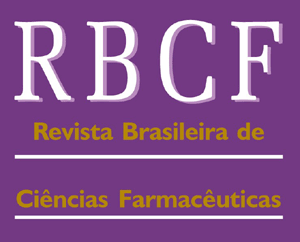In several studies the nutritional value of enzymatic protein hydrolysates has been related to their small peptide contents, especially di- and tripeptides. However, a disadvantage found in the enzymatic process is the development of a bitter taste, which is one of the main obstacles for using the hydrolysates in dietetic formulations and also seems to be associated to the exposition of buried hydrophobic groups. The methods proposed in the literature to solve this problem show some disadvantages, like the reduction of the nutritional value of these preparations. In this work, a new methodology based on the encapsulation in lipospheres was developed, in order to debittering casein hidrolysates obtained by using papain. The second derivative spectrophotometry (SDS) was used for the first time, for measuring the entrapment efficiency of protein hidrolysates and the results were around 66%. This microencapsulation system showed to be an efficient technology to reduce the hydrophobicity and the bitter taste of casein hidrolysates. The scanning electronic microscopy revealed the spherical morphology of this microcapsules, and the measurement of the lipid oxidation indicated a good chemical stability in a period of time up to 60 days.
Protein hidroliysates; Debittering flavor; Encapsulation in lipospheres; Electronic microscopia; Second derivative spectrophotometry; Llipid oxidation









